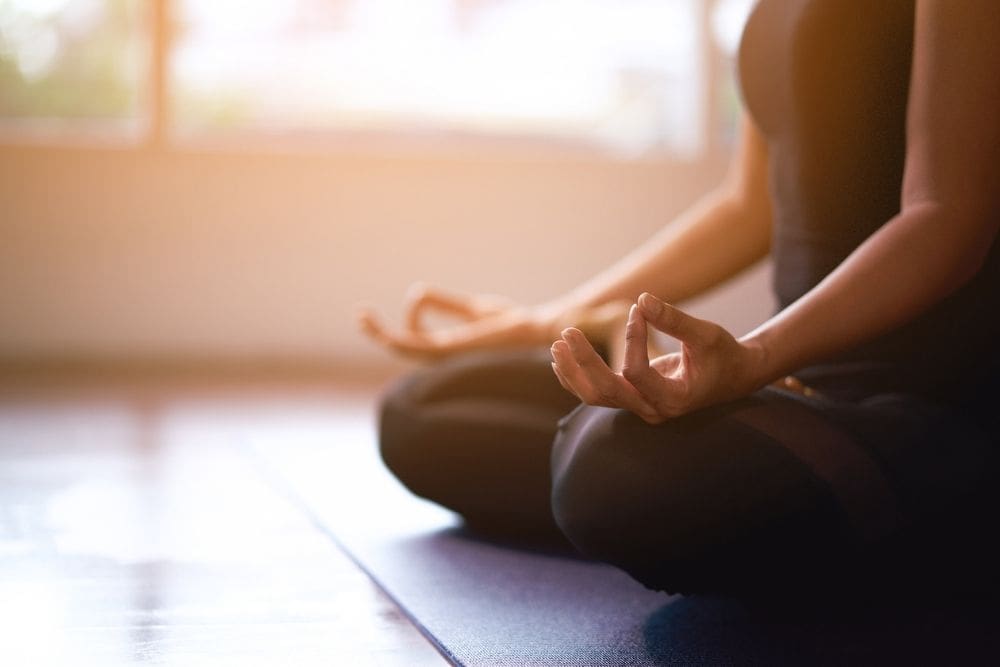When you begin the journey of recovery, you quickly realize that healing involves much more than just quitting drugs or alcohol. It’s about rebuilding your life—emotionally, mentally, physically, and even spiritually. That’s where holistic therapies come in. These therapies look at the whole person, not just the symptoms of addiction. They offer a more balanced, compassionate approach to healing—one that helps you reconnect with yourself and create a strong foundation for lasting recovery.
What Are Holistic Therapies?
Holistic therapies are healing practices that focus on treating the whole person—body, mind, and spirit. Instead of just targeting the physical aspects of addiction, these therapies take into account your emotions, your thoughts, your energy, and even your environment.
The word “holistic” comes from the idea that everything is connected. Your mental health can impact your physical health. Your emotions can affect your energy levels. Your habits and lifestyle can shape your overall well-being. Holistic therapies aim to bring all of these pieces into balance.
These approaches don’t replace evidence-based treatments like counseling, detox, or medication, but can complement them. Think of them as extra layers of support that help you build a more resilient and peaceful version of yourself.
7 Examples of Holistic Therapies
There’s no one-size-fits-all when it comes to healing, and that’s the beauty of holistic care. There are many types of therapies to explore, and you can find what works best for you. Here are some common ones you might experience in recovery:
- Yoga
Yoga combines physical movement with controlled breathing and mindfulness. It helps release tension from your body, calm your nervous system, and teach you how to be present. Many people in recovery find that yoga helps them feel grounded and in control again.
- Meditation and Mindfulness
Learning to sit with your thoughts and emotions—without judging them—is powerful in recovery. Meditation and mindfulness teach you to slow down, breathe, and observe what’s happening inside you. Doing these practices daily can help reduce anxiety, manage cravings, and bring a sense of calm to your day.
- Art Therapy
Creative expression can be a powerful outlet for emotions you may not yet have words for. Through painting, drawing, or other forms of art, you can explore your inner world, release emotional pain, and connect with your creativity—something addiction often silences.
- Music Therapy
Listening to or making music can support emotional healing. Music therapy allows you to express yourself, regulate your emotions, and even process memories through sound and rhythm. It’s also a great tool for relaxation and motivation.
- Acupuncture
This ancient Chinese practice involves placing small needles at specific points on the body to release blocked energy. In recovery, acupuncture has been shown to help reduce withdrawal symptoms, ease anxiety, and promote balance in the body’s systems.
- Massage Therapy
Touch therapy can release physical tension and help your body relax. When you’re constantly in fight-or-flight mode—something common in early recovery—massage can help reset your nervous system and promote a sense of safety and comfort.
- Nutritional Counseling
Addiction often takes a toll on your physical health. Nutritional therapy helps restore balance by guiding you toward foods that support your mood, energy levels, and brain function. What you eat can affect how you feel.
How Holistic Therapies Support Recovery
You might wonder how holistic practices help you stay sober. Here’s how they can support your recovery:
- Reducing stress and anxiety. Practices like meditation, yoga, and massage lower your stress hormones and help you feel calmer.
- Helping you manage triggers and cravings. Mindfulness teaches you how to pause and respond rather than react automatically.
- Rebuilding trust in your body. When you reconnect with your physical self, you learn to respect and take care of it again.
- Creating healthy outlets for emotions. Art, music, and movement give you ways to express pain, joy, grief, or fear without using substances.
- Improving sleep, digestion, and energy. When your body feels better, your mind follows. Holistic therapies help restore physical health, which supports mental clarity.
- Fostering spiritual growth. Whether through prayer, nature, or meditation, these practices help you find meaning and connection beyond your addiction.
Why Holistic Therapies Are Important
Recovery isn’t just about abstaining from substances, but is also about transformation. This transformation doesn’t happen overnight. It takes time to heal the wounds addiction left behind, to build new habits, and to rediscover who you are without drugs or alcohol.
They also remind you that healing is personal. You’re not just a diagnosis or a checklist—you’re a whole person with thoughts, feelings, and a story that matters.
Located in Monroe, Georgia, Twin Lakes Recovery Center believes in meeting you where you are and helping you grow from the inside out. That’s why we integrate holistic therapies into our comprehensive treatment programs—because we know that true recovery means healing on every level. If you are interested in learning how we can help you achieve a lasting recovery, please contact us today.




